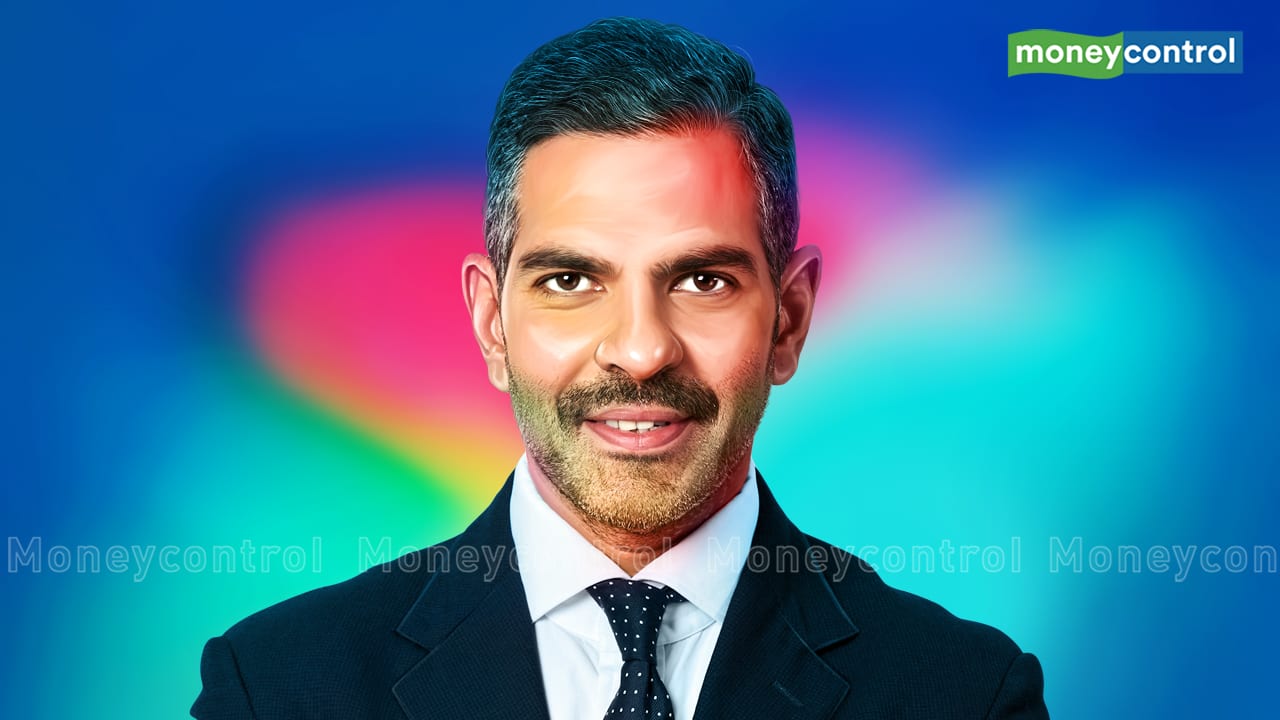 |
|
The death of Sunjay Kapur, Chairman of Sona Comstar, at the relatively young age of 53, has triggered a complex and contentious situation involving his family, the company's board, and questions surrounding corporate governance. The suddenness and 'suspicious' nature of his death, as alleged by his mother, Rani Kapur, have created an atmosphere of grief, mistrust, and accusations of coercion and manipulation. Rani Kapur's letter to the company's board, seeking the deferment of the Annual General Meeting (AGM) scheduled for July 25th, is a direct consequence of these circumstances and represents a significant escalation of the conflict. Her objections stem from a deep sense of unease and suspicion surrounding the events following her son's death, particularly concerning the signing of documents and the alleged attempts to wrest control of the family's legacy.
The crux of Rani Kapur's allegations centers around the claim that she was 'compelled' to sign various documents without adequate explanation or time to review them, while in a state of immense mental and emotional distress following her son's death. She alleges that these actions took place 'behind locked doors' and that, despite repeated requests, the contents of these documents have not been revealed to her. Furthermore, she claims to have been denied access to her accounts, leaving her dependent on a 'select few for survival.' This paints a picture of a vulnerable individual being taken advantage of during a period of intense grief and vulnerability. The specific nature of these documents is not explicitly stated in the article, but the implication is that they pertain to the control and ownership of shares within the Sona Group, including Sona Comstar.
Rani Kapur's assertion that 'certain people' are attempting to 'wrest control' and 'usurp' the family legacy further highlights the power dynamics at play. She claims that these individuals are representing themselves as the largest shareholders of the company, purportedly acting in the 'interest of the family.' However, she explicitly states that she has not consented to anyone representing her before the company and that she believes the documents she signed under duress are being misused. This suggests a potential power struggle within the Kapur family, with various factions vying for control of the Sona Group and Sona Comstar. The timing of these alleged actions, occurring so soon after Sunjay Kapur's death, adds another layer of complexity and raises questions about the motives of those involved.
The significance of the Annual General Meeting (AGM) in this context cannot be overstated. The AGM is a crucial event for any publicly listed company, as it provides an opportunity for shareholders to vote on key resolutions, including the appointment of directors. Rani Kapur's specific concern is that resolutions, including one to appoint a director as the representative of the Kapur family, are set to be voted upon without her knowledge or consent. This could potentially lead to the appointment of individuals who are not aligned with her interests, further eroding her control over the company. Her request to unconditionally defer the AGM is therefore a strategic move aimed at preventing any decisions from being made that could further disadvantage her position.
The potential legal and corporate governance implications of Rani Kapur's allegations are significant. If her claims of coercion and duress are substantiated, it could invalidate the documents she signed and potentially lead to legal challenges regarding the ownership and control of shares within the Sona Group and Sona Comstar. Furthermore, the company's board could face scrutiny for its handling of the situation, particularly if it is found to have been complicit in any actions that disadvantaged Rani Kapur. The incident raises broader questions about the responsibilities of corporate boards to protect the interests of all shareholders, including those who may be vulnerable due to personal circumstances.
The fact that the AGM has already begun, with Sunjay Kapur's widow, Priya Sachdev, reportedly in attendance, adds another layer of intrigue. Priya Sachdev's role in the unfolding events remains unclear from the article, but her presence at the AGM suggests that she may have a different perspective or agenda than Rani Kapur. The dynamics between Rani Kapur and Priya Sachdev could be a key factor in determining the future direction of the Sona Group and Sona Comstar.
The article's mention of Sona BLW's shares falling nearly 3 percent after the news broke highlights the potential impact of the family dispute on the company's market value. Investor confidence is often sensitive to uncertainty, and any perceived instability within the company's leadership or ownership structure can lead to a decline in share prices. This underscores the importance of resolving the dispute quickly and transparently to minimize any further damage to the company's reputation and financial performance.
In conclusion, the situation surrounding Sunjay Kapur's death and the subsequent allegations made by his mother, Rani Kapur, represent a complex interplay of grief, power dynamics, and corporate governance concerns. The outcome of this dispute will have significant implications for the future of the Sona Group and Sona Comstar, as well as for the individuals involved. The need for a thorough and impartial investigation into Rani Kapur's allegations is paramount to ensure that all parties are treated fairly and that the company's interests are protected. The situation serves as a reminder of the importance of strong corporate governance practices, particularly in family-controlled businesses, to mitigate the risk of disputes and ensure that decisions are made in the best interests of all stakeholders. Transparency and accountability are essential to maintaining investor confidence and ensuring the long-term sustainability of the business. As the matter unfolds, it will be crucial to monitor the legal and corporate developments closely to understand the full extent of the impact on the company and the individuals involved. The role of regulatory bodies in ensuring fair practices and protecting the rights of shareholders will also be critical in navigating this complex situation.
